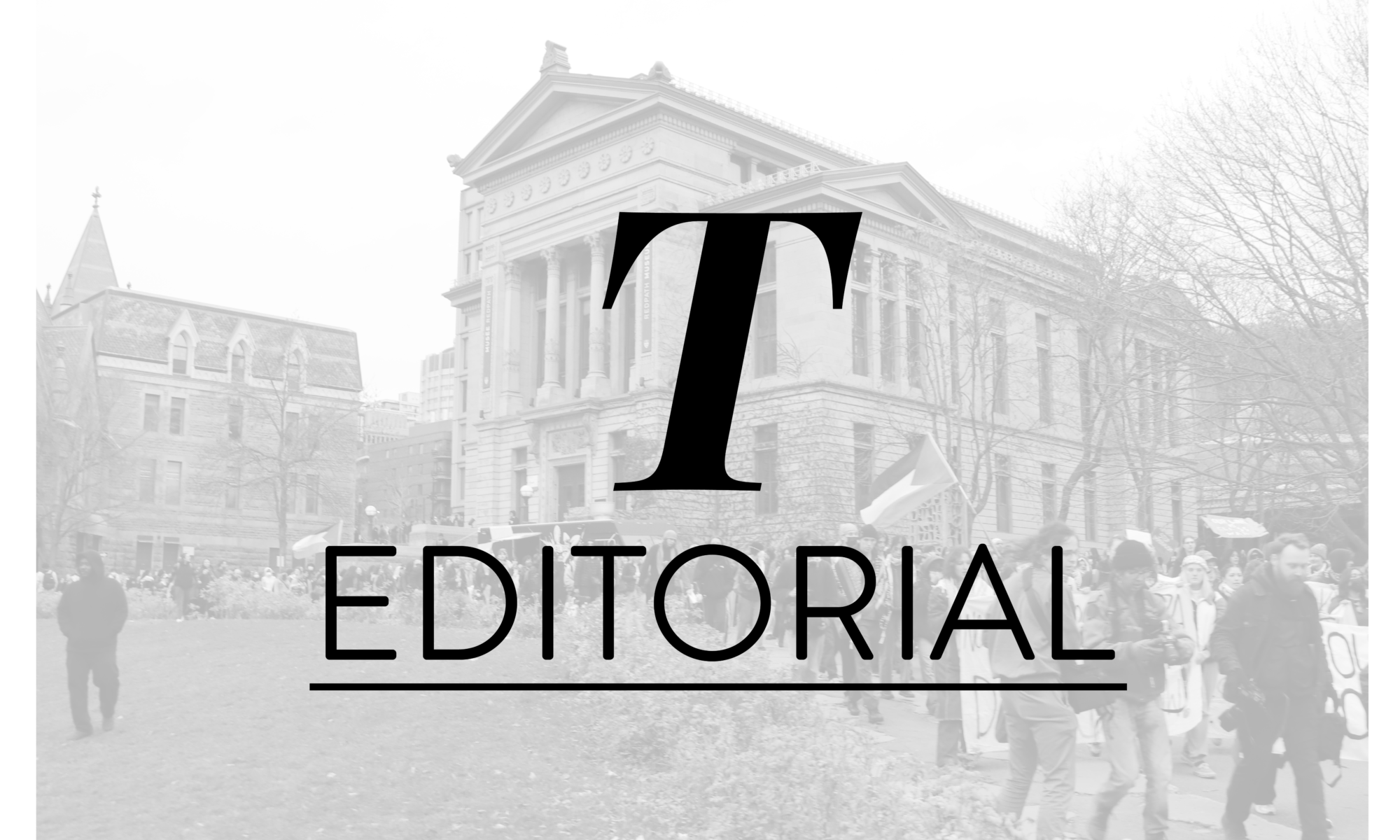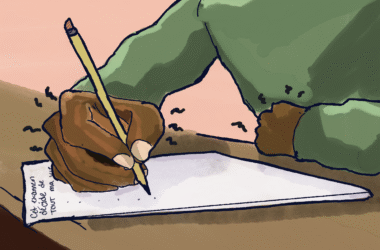There is one massive economic difference separating ideas from physical goods: The marginal cost of an idea is now zero. If I eat a sandwich, you cannot also eat it, but once an idea, an essay, a song or a better web browser comes around, it can be shared, from anyone and to everyone, network to network, at a negligible additional cost. As Thomas Jefferson put it, “He who receives an idea from me, receives instruction himself without lessening mine; as he who lights his taper at mine, receives light without darkening me.”
In fact, rather than facing the Tragedy of the Commons, where farmers over-graze and wear down the shared physical pasture, we now have the Bounty of the Inverse Commons, in which the grass gets greener the more we graze: the more people use Wikipedia, the more people will actively contribute: The more people use open source software like OpenOffice and Firefox, the more active their user and developer communities become.Society benefits more than ever before from the ability to share, remix and collaborate, now that tools for virtually unlimited information transfer exist.
File sharing immensely benefits the public, and Wikipedia makes tangible to all of us the unexpected power of decentralized creativity on open work, which has been obvious to people in the open source software community for over a decade.
But resistance from entrenched interests is strong, reactionary and fearful of new technologies outside their control.
They have become shrill about their unbalanced interpretations of copyright. In the 80s, the Motion Picture Association of America’s president Jack Valenti told Congress that “the VCR is to the American film producer and the American public as the Boston Strangler is to the woman home alone.” Software companies’ attacks have called open source software “acancer.” And school campaigns have ranged from the old don’t copy that floppy campaign, to the blatant elementary school propaganda of Captain Copyright (captaincopyright.ca).
Their political lobbying has taken a large toll. At the outset of US copyright law, a work was restricted for as little as 14 years before becoming public domain. Thanks to lobbyists, the duration is now 95 years or 70 years after the author’s death. What possible additional incentive do the last 10 years of the copyright add? When starting to write a book, do you rely on what happens 60 years after your death? Yet classic worksare kept from the public domain almost indefinitely.
More significantly, the scope of copyright has increased. Originally it applied in practice only to published works. But in the computer age, every online interaction involves communicating information “in a tangible medium” and is thus under the control of copyright. Worse, particular laws like the Digital Millennium Copyright Act in the US and similar laws elsewhere have given copyright holders powers far beyond the basic nature of copyright. Rights holders are now allowed to censor security research on their products, artificially segregate world DVD markets and censor Web sites, creating chilling effects for everyone.
In the information age, and in finding the utilitarian balance of copyright, we have reasons to value openness, sharing and remixing more than ever before, not less. Industry lobbying has distorted the balance to an inefficient and amoral extreme.It’s up to us to reshape the debate and move to something more reasonable, something actually in the interest of our society. Copyright still has a role, just not the overly pervasive and restrictive one it has acquired. Let’s move to a proper balance, promote the ability to share and remix, and more fully unleash the power of decentralized creativity.








